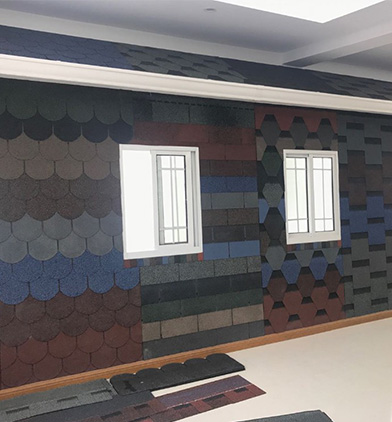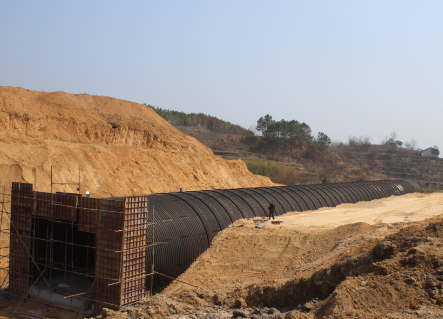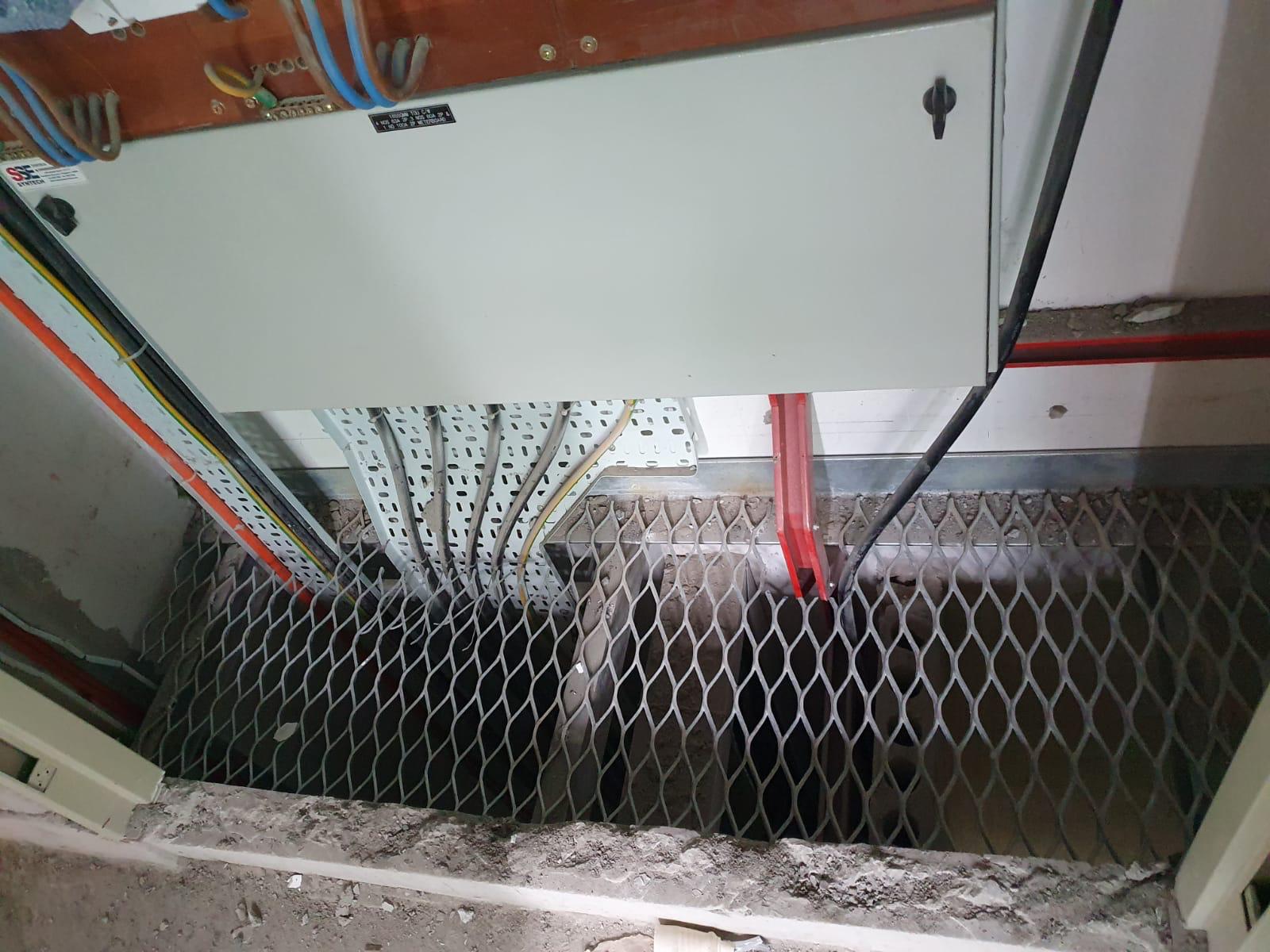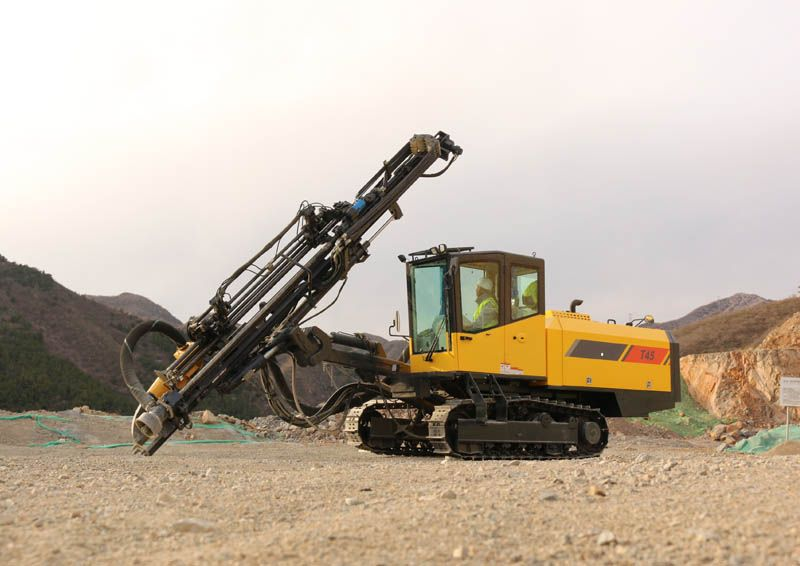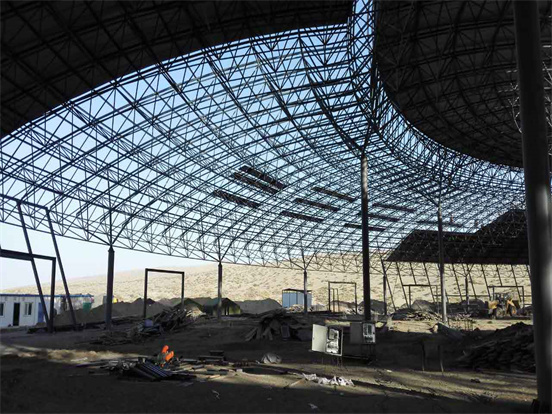Basic Types of Steel Building Structure
Steel is widely recognized as a versatile and durable construction material, making it a popular choice for various types of building structures. From warehouses and factories to high-rise buildings and sports arenas, steel has become the go-to material for architects and engineers. In this article, we will explore the basic types of steel building structures and their benefits.
1. Clear Span Structure
The clear span structure is a popular choice for buildings that require large uninterrupted spaces. As the name suggests, this type of structure does not have any internal support columns or walls, allowing for maximum flexibility in space utilization. Clear span structures are commonly used in warehouses, aircraft hangars, and exhibition halls, where a vast open floor space is essential. These buildings can be easily customized and expanded, providing maximum efficiency and adaptability.
2. Rigid Frame Structure
A rigid frame structure is composed of steel columns and beams that are connected with rigid connections. This type of structure is known for its strength and stability, making it suitable for buildings that require a robust framework. Rigid frame structures are commonly used in industrial facilities, commercial buildings, and multi-story buildings. Due to their ability to withstand high winds and seismic activities, they are a popular choice for areas prone to extreme weather conditions.
3. Single Slope Structure
The single slope structure, also known as a mono-pitched or shed roof, features a sloping roof that has only one slope. This type of structure is commonly used in industrial buildings, such as warehouses or garages, where drainage is crucial. The slope allows for efficient water runoff, preventing water accumulation on the roof surface. Single slope structures are cost-effective, easy to construct, and offer ample space for storage and operations.
Featured content:Key Questions to Ask When Ordering Interior Flooring
100+ Questions to Ask Your Flooring Professional
List of top glass manufacturers in the world
How does climbing formwork work?
What is herringbone SPC flooring?
The Mesmerizing World of Music Fountains
What are the different types of redispersible polymer powder?
4. Multi-Gable Structure
The multi-gable structure, also known as a multi-span structure, consists of multiple interconnected gable frames. This type of structure is commonly used in buildings that require moderate to large spans, such as industrial workshops or gymnasiums. The interconnected gable frames provide sufficient space for various activities while maintaining stability and structural integrity. Multi-gable structures can be easily customized to accommodate specific design requirements.
Steel building structures offer numerous advantages over traditional construction materials. Steel is a durable and long-lasting material that can withstand harsh weather conditions, such as hurricanes or earthquakes. It is also highly resistant to fire, termites, and rot, making it a safe and secure choice for building structures. Moreover, steel structures are cost-effective, energy-efficient, and environmentally friendly, as they can be easily recycled.
If you are in need of a reliable steel building supplier, contact us today. We provide high-quality steel building structures tailored to your specific needs. Our team of experts will work closely with you to ensure the successful completion of your project. Whether you require a clear span structure, a rigid frame structure, a single slope structure, or a multi-gable structure, we have the expertise and resources to deliver exceptional results. Don't hesitate to reach out and discuss your requirements with us.
Featured content:Geonets: A Comprehensive Guide to Structure, Manufacturing, and Properties
What are the benefits of film faced plywood?
From Snowmobiles to Snow Groomers: The Evolution of Snow Maintenance
Redispersible Polymer Powder: The Secret Ingredient in Durable Construction Materials
Why B2B Customers Should Prioritize the Reliability of Hydraulic Elevator Dams
Reducing Maintenance Costs: The Economic Benefits of Rubber Dams
Crossflow Fill vs. Counterflow Fill: Which Is Better for Cooling Tower Performance?



